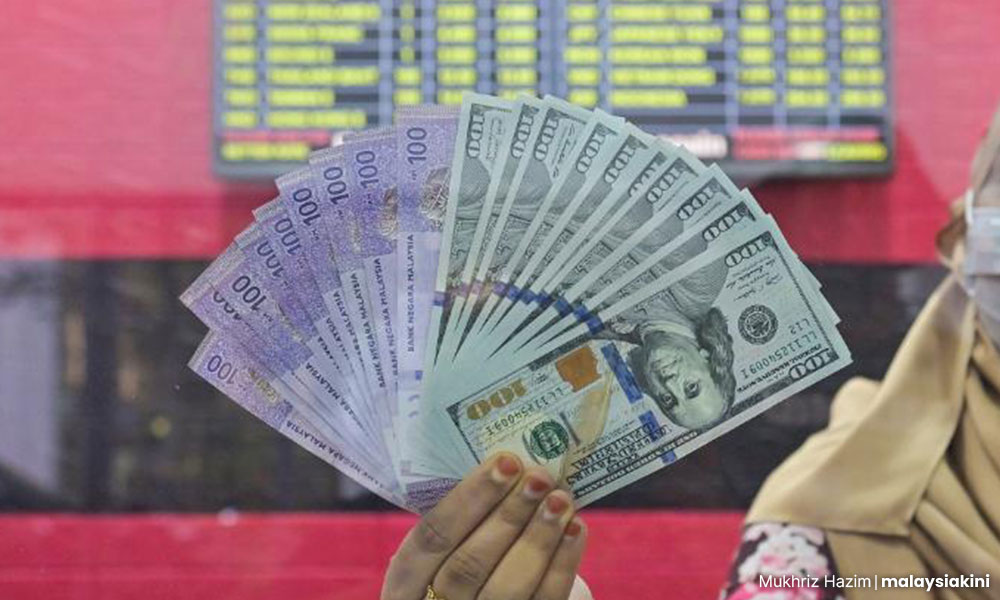Whether the Bersih gathering is next week or next month, there should be no holding back on the public gathering that is of monumental importance to Malaysians.
It has taken ordinary Malaysians to realise that the Madani government of Prime Minister Anwar Ibrahim is full of fluff but lacks substance.
The reforms promised when Anwar was the opposition leader have been conveniently swept aside in the interest of political expediency.
He has been in office for slightly more than a year but reforms have already disappeared from the radar.
Meanwhile, DAP and PKR - who were staunch participants in the earlier Bersih rallies - are as quiet as the proverbial church mice.

As I have remarked earlier, power, positions, and perks have changed both the objective and subjective positions of the component parties in the Pakatan Harapan-BN coalition government.
Internal factors matter too
The ringgit is now at its lowest point in the country’s financial history, invariably due to the lack of structural reforms.
Yet, both Bank Negara Malaysia and the government have taken turns to blame outside forces for the “temporary” devaluation of the ringgit.
Foreign investments might or might not be high, the interest rates in the US might be on the rise, and China might not be on the buying spree of Malaysian products, but these are not the only factors that the ringgit is plummeting to a record low.
Currency devaluation is related not just to foreign investments, but also to the political and economic stability of the country.
Is the Malaysian economy competitive, how we have tackled the menace of corruption, are we serious about reforms of the financial system and others?
In fact, the ringgit is performing worse than the 1990s Asian financial crisis.

Coincidentally, Anwar was the finance minister then.
However, the measures he took to resolve the crisis were not to the liking of Dr Mahathir Mohammed, who was then prime minister.
Commoners suffer most
Anwar recently said that foreign investors have full confidence in the political economy of the country, but has he seen the effect of the falling ringgit on ordinary Malaysians, especially low-income earners both in the public sector and private sectors?
The rich and the politically connected might withstand the effect of currency depreciation, but what about the vast majority of low-income earners?
As it is, the rise in the price of basic goods and services has hit them hard. With the depreciation of the ringgit, inflation will take over and deliver a devastating blow to the low-income classes.
Why is so much attention paid to foreign investors when Malaysia cannot even compete with neighbouring countries?
The currency slide might benefit the tourism industry but by then, it is too late because the horses have left the stables and the gates are closed.
Malaysia cannot even compete with our neighbours in terms of tourism, particularly Thailand. Just compare the performance of the tourist industry in Phuket and Langkawi, islands not far from each other.

Anwar said that the opposition should not politicise the ringgit depreciation.
But in actual fact, the opposition is not politicising the matter, they are doing the job that is expected of the opposition.
It is Anwar who is blaming the opposition as though he is not responsible for the accelerated slide of the ringgit.
Even if it is unfair to compare the ringgit with the US dollar, what about the slide of the ringgit against the Singapore dollar?
Bersih, as a public watchdog, must act and act fast. Enough of the platitudes and excuses offered by Anwar.
Without the introduction of serious reforms, the country is going to suffer badly. - Mkini
P RAMASAMY is former Penang deputy chief minister.
The views expressed here are those of the author/contributor and do not necessarily represent the views of MMKtT.




No comments:
Post a Comment
Note: Only a member of this blog may post a comment.